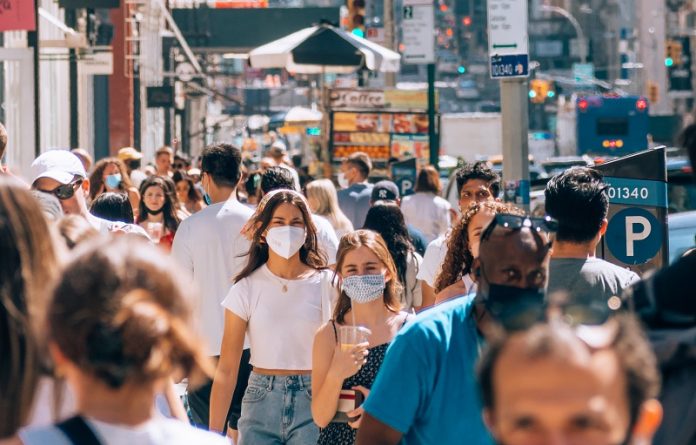
Scientists from the University of Groningen found why some people fared better than others during the COVID-19 pandemic.
They found that some people weathered the stress of the pandemic better than others, in part, due to their genetics.
The research is published in PLOS Genetics and was conducted by Lude Franke et al.
How a person perceives their quality of life depends on a combination of factors that include the genes they inherited from their parents and their environment—a mix of nature and nurture.
Studying genes related to the quality of life can be complicated, but the COVID-19 pandemic allowed the team to investigate how this stressful, worldwide event interacted with a person’s genetics to affect their overall wellbeing.
In the study, the team screened the genomes of more than 27,000 participants in the Netherlands who had donated genetic material to a biobank.
Then they looked for connections between genetic variants and the participant’s responses to a series of questionnaires about lifestyle and mental and physical health given over 10 months, starting in March 2020.
The team found that some individuals had a genetic tendency toward better well-being than others during the pandemic.
In addition, as the pandemic wore on, they found that genetic tendency had an increasingly powerful influence on how those people perceived their quality of life.
This was potentially due to the social isolation required by strict COVID-19 containment measures.
Moreover, the findings showed that the contribution of genetics to complex traits like well-being can change over time.
If you care about Covid, please read studies that new chewing gum could reduce COVID-19 transmission and the maximum risks of COVID infection with and without masks.
For more information about Covid, please see recent studies that shark stuff could fight the COVID-19 virus, and results showing how to minimize lung damage in COVID patients.
Copyright © 2022 Knowridge Science Report. All rights reserved.



